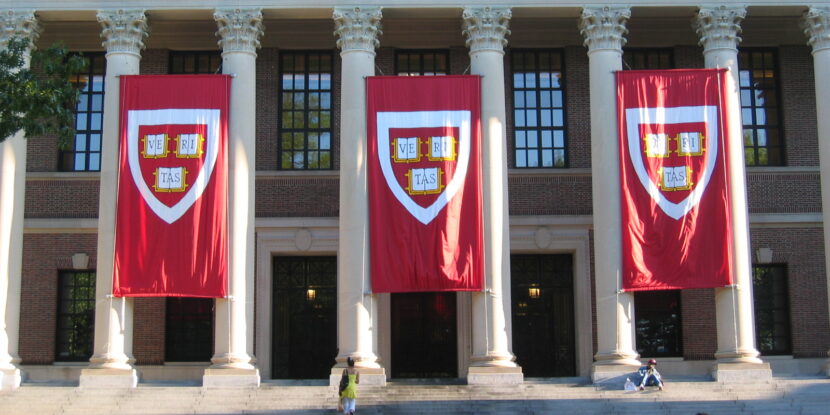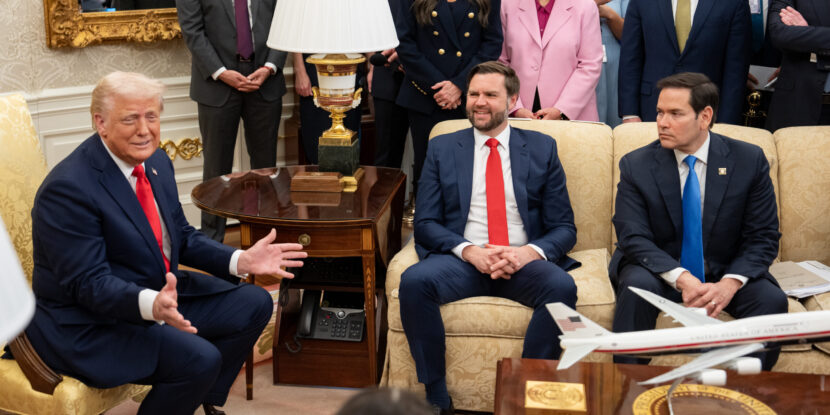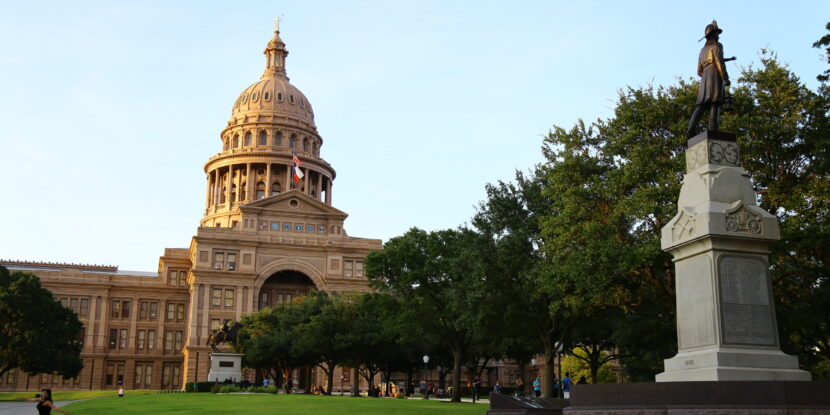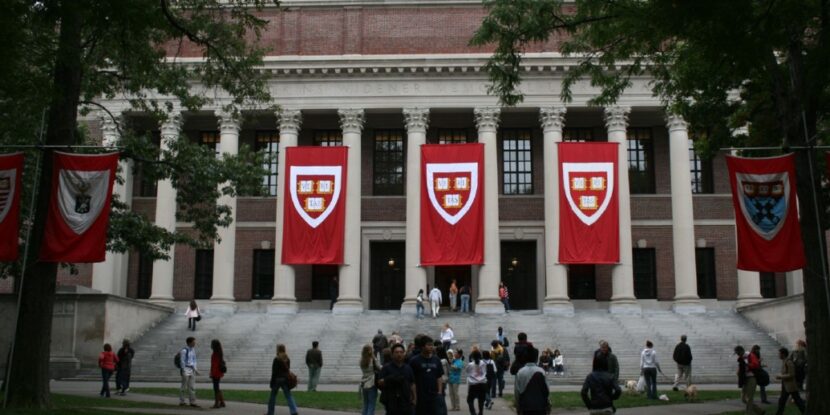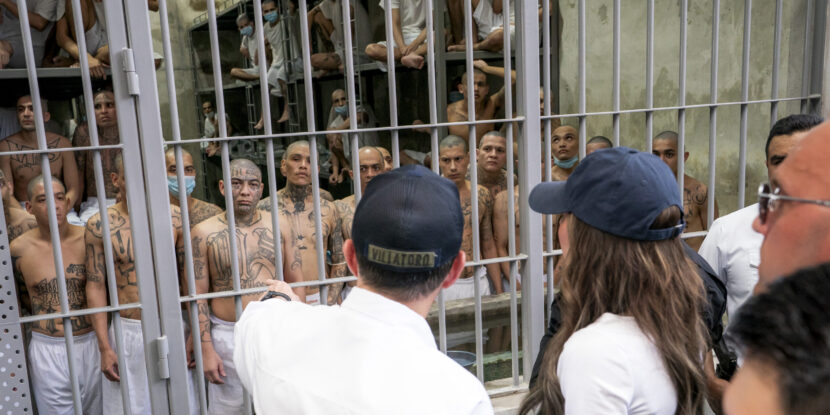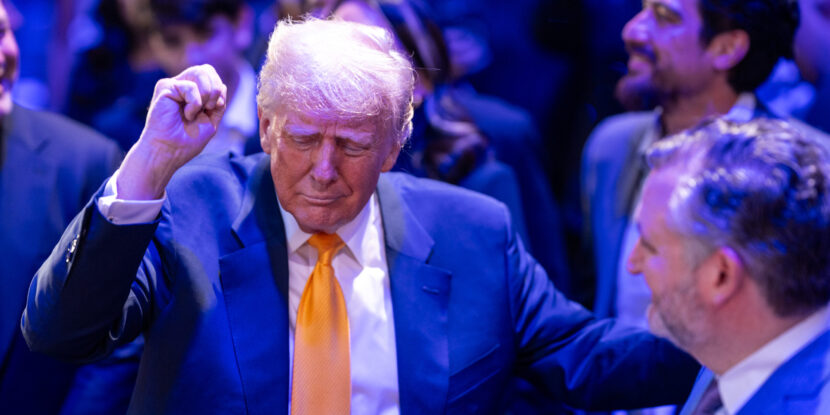PULSE POINTS:
❓What Happened: The Chinese Communist Party (CCP) has instructed domestic airlines to halt acceptance of Boeing jet deliveries amid escalating trade tensions with the United States.
👥 Who’s Involved: The Chinese government, domestic Chinese airlines, Boeing, U.S. companies supplying airline parts, and President Donald J. Trump.
📍 Where & When: The announcement occurred in China in the context of ongoing trade disputes with the U.S.
💬 Key Quote: “We do not see China as critical to Boeing’s ramp over the next few years,” said Seth Seifman, an analyst with JPMorgan. He added: “China will be important longer term, however.”
⚠️ Impact: Boeing’s stocks dropped by 1.6 percent in morning trading. China’s heightened tariffs on U.S. goods to 125 percent complicate aircraft and parts shipments, affecting affordability. The trade rift may disrupt Boeing’s planned deliveries, impacting future transactions.
IN FULL:
The Chinese Communist Party (CCP) is directing its country’s aviation sector to stop receiving Boeing jets as U.S.-China trade tensions intensify. The Chinese government’s directive also includes a halt on the purchase of U.S.-made airline components. Last week, China’s communist government announced it would increase tariffs on American goods to 125 percent. This followed an announcement by U.S. President Donald J. Trump of a 145 percent tariff on all Chinese imports.
Notably, Boeing-made aircraft comprise an estimated 40 percent of the total global commercial aviation market. France-based Airbus holds nearly 60 percent of the market, with Canada’s Bombardier Aviation and Brazil’s Embraer S.A. making up the small remainder. Additionally, U.S.-made airline parts account for a significant share of components sold around the world.
The move by China could significantly impact Boeing, which was set to deliver approximately 10 of its 737 Max models to Chinese airlines like China Southern Airlines, Air China, and Xiamen Airlines. However, payment and delivery processes for some aircraft may have been finalized before the trade conflict expanded, meaning those specific deliveries might proceed. In addition, the CCP restrictions could cause considerable problems for China’s domestic commercial aviation industry, limiting the ability of the country’s airlines to source critical components—with the use of aftermarket or refurbished parts increasing safety risks.
“We do not see China as critical to Boeing’s ramp over the next few years,” wrote Seth Seifman, an analyst with JPMorgan, in an investor note. He added: “China will be important longer term, however.”
Following the announcement of the CCP directive, Boeing’s stock shares fell 1.6 percent, or $2.59, to $156.74 as trading began Tuesday morning.
The restrictions on Boeing are one of the few areas where China can directly impact American exports. As a surplus economy, China exports far more than it imports—especially in its trade relations with the U.S. Notably, American exports to China are primarily agricultural in nature, with aircraft and airline components comprising a much smaller share.
show less


